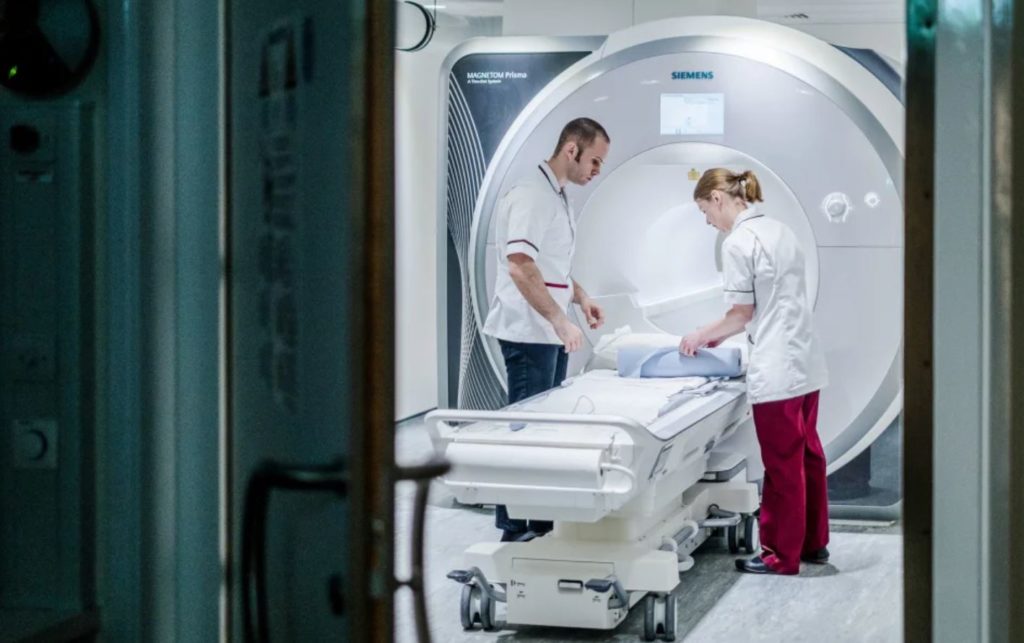A study looking at the longer-term impact of COVID-19 has found that a significant proportion of COVID-19 patients discharged from hospital reported symptoms of breathlessness, fatigue and depression and had limited exercise capacity several weeks after leaving hospital.

The University of Oxford scientists carrying out the C-MORE study found that at two to three month after the onset of the disease, 64% of patients continued to experience breathlessness and 55% reported fatigue.
MRI scans revealed abnormalities in the lungs of 60% of participants, in the hearts of 26%, in the livers of 10% and in the kidneys of 29% of patients.
The paper, published in the Lancet’s open access EClinicalMedicine, is the first peer-reviewed paper to be published on the impact of COVID-19 on multiple organs using imaging.
The study is being led by researchers from the university’s Radcliffe Department of Medicine and is supported by the NIHR Oxford Biomedical Research Centre (BRC) and the NIHR Oxford Health BRC, as well as the BHF Oxford Centre for Research Excellence and Wellcome Trust.
Patients taking part in the study exhibited changes in important neural pathways in the brain and impaired cognitive performance, while tolerance of exercise was also significantly reduced. A number of participants also reported increased symptoms of depression.

Dr Betty Raman (left), who is leading the C-MORE study, along with Professor Stefan Neubauer, said: “This is an important holistic study of post-hospital discharged COVID-19 patients to comprehensively assess the medium-term effects of SARS-CoV-2 infection on multiple vital organs, exercise tolerance, mental, cognitive and physical health.”
“We have shown that a significant proportion of patients complained of symptoms of breathlessness and fatigue two to three months after the onset of the illness and that changes in the brain, lungs, heart, liver and kidneys could be seen on MRI in a proportion of patients.”
She pointed out that the abnormalities detected on MRI and exercise capacity in patients strongly correlated with serum markers of inflammation, suggesting a possible link between chronic inflammation and ongoing organ damage among survivors.
The C-MORE study is a key part of the national PHOSP-COVID platform, led by the University of Leicester, which is investigating the long-term effects of COVID-19 on hospitalised patients.
The study took 58 patients with moderate to severe laboratory-confirmed COVID-19, who had been admitted for treatment at the Oxford University Hospitals (OUH) NHS Foundation Trust between March and May 2020. They also recruited 30 uninfected controls from the community, group-matched for age, sex, body mass index and risk factors such as smoking, diabetes and hypertension.
The participants underwent magnetic resonance imaging (MRI) of their brain, lungs, heart, liver and kidneys; spirometry to test their lung function; a six-minute walk test; cardiopulmonary exercise test (CPET), as well as assessments of their quality of life, cognitive and mental health.
Dr Raman said: “We would like to thank all our patients and their families who have taken part in this study. In helping us to better understand the effects of this new disease, they have made an important contribution in helping others affected by the virus.”